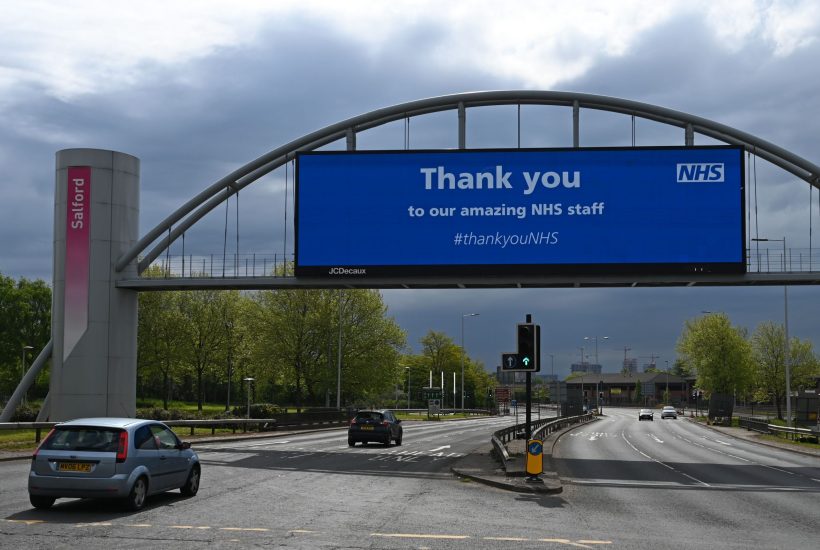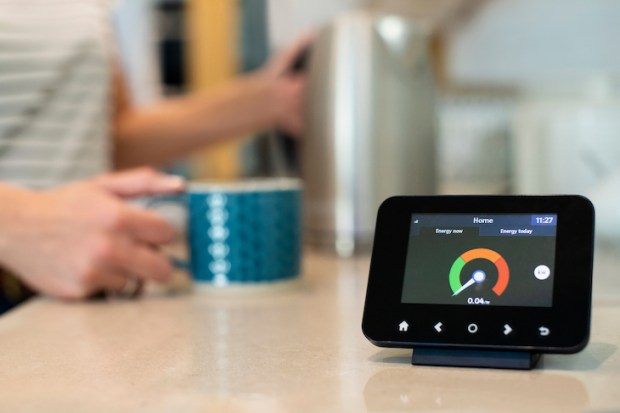We have had plenty of anecdotes about people failing to be diagnosed with serious diseases during lockdown. This is thanks to either to hospitals cancelling appointments, GP surgeries stopping face-to-face meetings or people picking up the message that they should protect the NHS by trying not to use it.
But what about quantifying the problem? The National Institute for Health Research has attempted to do just this. In a paper published in the Lancet Public Health, it looked at the number of diagnoses which were made in Salford between 1 March and 31 May this year and compared them with the number of diagnoses that would have been expected over that period, calculated from records over the past decade.
They found that 1,073 diagnoses of mental health problems were made in the three months to 31 May, compared with an expected 2,147. For type 2 diabetes, it was 141 cases, compared with an expected 276. With circulatory diseases, it was 598, compared with 1,054.
There was a much less dramatic fall in the number of cancer diagnoses, which were 163, compared with an expected 194 — a fall of 16 per cent, which the authors say is not statistically significant. However, as the lockdown progressed, cancer diagnoses fell. In May there were 38 cases diagnosed against an expected 68 — a fall of 44 per cent. The findings for all conditions might have been even more dramatic had the study started its analysis from 23 March — the day lockdown began — rather than 1 March.
The Salford study gives a snapshot of what happened during lockdown in one relatively poor urban borough. What it doesn’t tell us is how the pattern of missed diagnoses varied across the country. But it seems clear that the rush into lockdown had significant unintended consequences for healthcare generally — the price for which will be paid over a number of years as the medical conditions which were missed during lockdown manifest themselves.
Got something to add? Join the discussion and comment below.
Get 10 issues for just $10
Subscribe to The Spectator Australia today for the next 10 magazine issues, plus full online access, for just $10.





















Comments
Don't miss out
Join the conversation with other Spectator Australia readers. Subscribe to leave a comment.
SUBSCRIBEAlready a subscriber? Log in